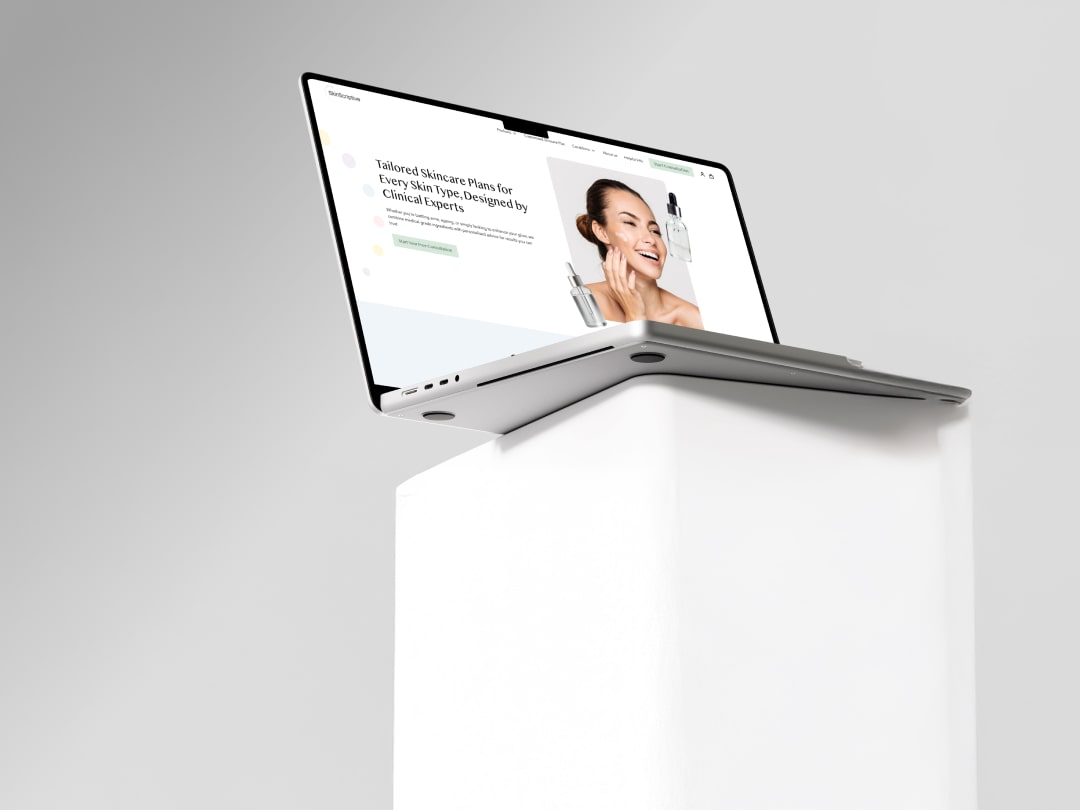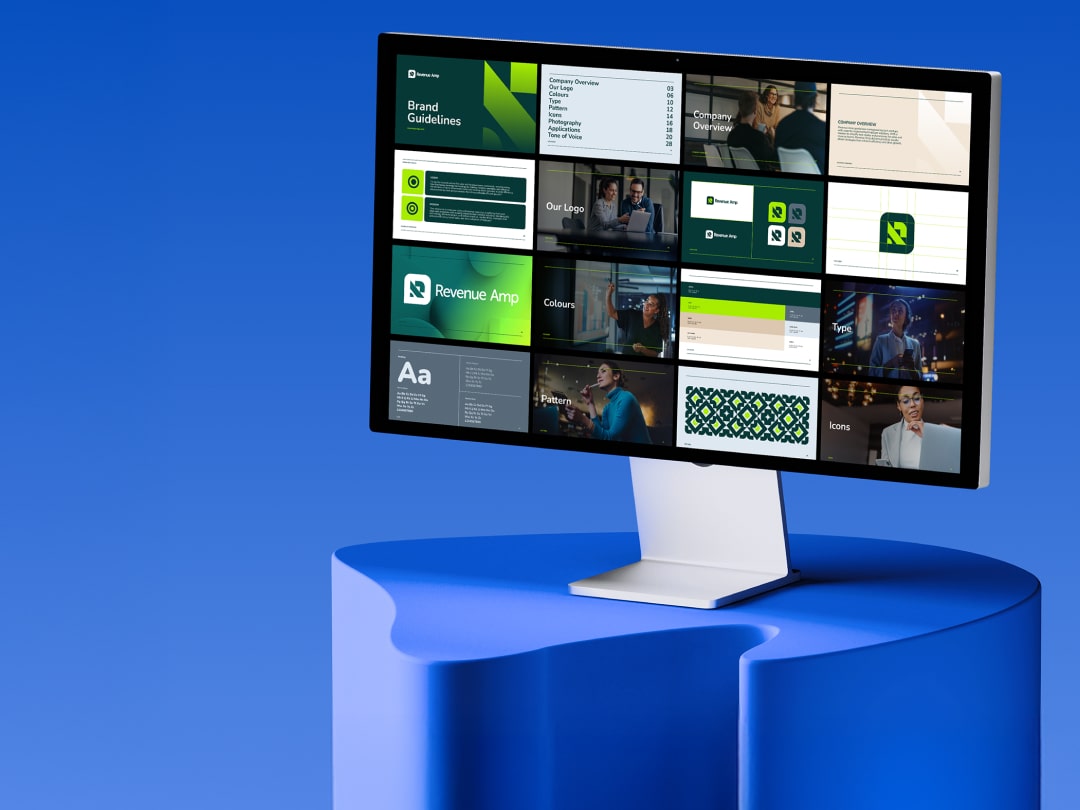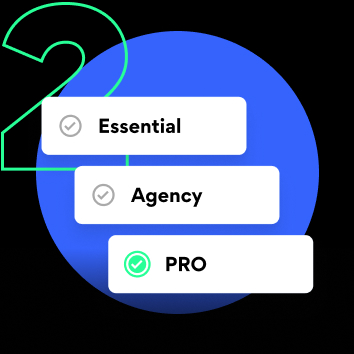



















Design Cloud is an online creative service that gives you daily support from one of our experienced, UK-based, in-house designers.
Just submit your requests through our platform and we'll deliver high quality creative work back to you every business day, for a simple flat-rate monthly fee, with no long term contracts or surprise bills.




Our infographic design services are part of our Graphic Design offering, which gives you access to a wide range of visual content creation tailored to your marketing needs. Alongside infographic work, your subscription also covers related design types that help you tell visual stories across presentations, editorial content, print and social media.
Low, predictable pricing
High-quality work delivered fast
Scale resource up & down

Design Cloud delivers professional design assets daily, so you can focus on campaigns, not creative bottlenecks.
Low, predictable pricing
High-quality work delivered fast
Scale resource up & down
.jpg)
Design Cloud delivers professional design assets daily, so you can focus on campaigns, not creative bottlenecks.
.jpg)
Increase your internal teams capacity without increasing headcount or going through the long winded hiring process.
.jpg)
Look established from day one with consistent, high-quality design across all channels - without hiring in-house.
.jpg)
Look established from day one with consistent, high-quality design across all channels - without hiring in-house.

Scale your design output without hiring. Our designers slot into your workflow and increase your delivery capacity.

Look established from day one with consistent, high-quality design across all channels - without hiring in-house.
No job postings. No interviews. No headache. Hire on a per-designer basis and choose how long you want to work with your designer. Every plan includes unlimited requests, unlimited revisions and unlimited users.
Flexible pricing options
Discounts for longer contracts
Scale resource up & down

We'll learn more about your design projects, show your our design platform and suggest the right plan for you.

When you're ready, choose your plan, how long you want to sign up for and then complete checkout.

Once you've submitted your first request, we'll match you with the right designers and you'll be ready to start working together.
Traditional infographic design options usually fall short when you need regular, fast turnaround work. Hiring an agency often means long timelines, big upfront costs and limited flexibility. Freelancers can be hit-or-miss, especially when deadlines change or you need brand consistency across multiple projects.
Design Cloud offers something different: a predictable, high-quality, subscription-based service where you always have access to a dedicated designer. You submit tasks, get daily updates, and request unlimited revisions. All in one streamlined platform.
You’re never waiting for someone to reply to your email. You’re not negotiating per-project quotes. And you’re not crossing your fingers that the designer will "get" your brand.
Low, predictable pricing
High-quality work delivered fast
Scale resource up & down








Our full-time UK infographic designers work Monday–Friday, 9–5 GMT.
Trusted by 750+ small businesses and household brands, we pride ourselves on delivering consistently high-quality infographic design.
Plans start at £699pm for daily access to your own dedicated designer—no long-term contracts required.
Get daily progress updates from your infographic designer so you can give feedback and keep your project moving smoothly.
Add designers when you need more output and scale back easily as projects wrap up.
Every plan includes unlimited revisions, so you can request changes at any time without extra costs.
If you need help with creative work on a weekly or monthly basis, book a demo and we'll talk you through how Design Cloud can help you save time and money.

Infographic design services from Design Cloud offer unlimited creative support through a subscription model. Instead of struggling with ad-hoc freelancers or wasting time on DIY tools, our clients get consistent, professionally designed infographics tailored to their brand.
Many marketing teams face the same issue: they need to visualise complex information quickly and clearly, but finding a designer who gets it (and is available when you need them) can feel like a constant battle. Brand consistency suffers. Timelines stretch.
With Design Cloud, you get unlimited infographic design requests handled by vetted UK-based designers who understand marketing. Whether you need data-driven visuals, campaign-led graphics or product explainers, our team delivers daily progress and unlimited revisions. You’re never stuck waiting or compromising on quality.
A subscription gives you flexibility, cost control, and the assurance that every visual is on-brand, on time, and on message.
We’re not just another infographic design agency. Design Cloud is built specifically for busy marketing teams and agencies that need consistent, high-quality visuals on demand.
With us, you’re not gambling on freelance availability or offshore providers. Every designer is UK-based and goes through a rigorous three-stage vetting process. You’ll get a dependable partner who understands campaign timelines, brand tone, and how to turn complex information into clear, engaging visuals.
From social data stories to internal presentations, we bring marketing expertise into every project. And because you can submit unlimited requests through our platform, you can scale design output without scaling overheads. It’s the kind of reliability your team has been looking for, without the faff of hiring.

"Working with Design Cloud has been fantastic. Low cost but high quality, with fast turnaround. They understand our brand and their assets have instantly elevated all our projects."
"When we needed it most, DesignCloud filled a skills gap, turned our assets into compelling social posts, and delivered creative, friendly service every week. Highly recommend!"
"Design Cloud is so easy to use and the level of customer service is fantastic. The offer initially seemed too good to be true but it has delivered on all fronts! Would 100% recommend to all agencies!"
"Couldn’t recommend these guys enough , super helpful and always go out of their way to help you. Been a great alternative to having a full time designer, in fact there’s no difference!"
"We used Design Cloud while waiting for our new designer to start. We worked with Ben, he was a great designer and always got back to us quickly with updates. Thanks to the whole team! 5* service!"

If your team is under pressure to communicate complex ideas fast and visually, you’re not alone. Infographic design can quickly become a bottleneck when resources are stretched or talent isn’t available.
Maybe your freelancer ghosted. Maybe your in-house designer is overwhelmed. Maybe you’re using Canva templates and it’s just not cutting it.
Design Cloud solves these issues by giving you a reliable, expert designer who works on your brand every day. Need a multi-slide deck turned into graphics? Done. Need product comparison visuals for a campaign? No problem. Because we work on one task at a time, you get focused output and daily progress, not project limbo.